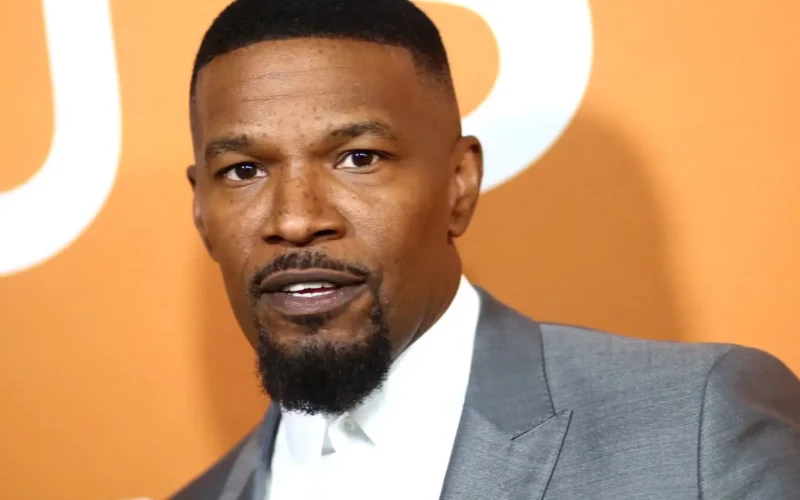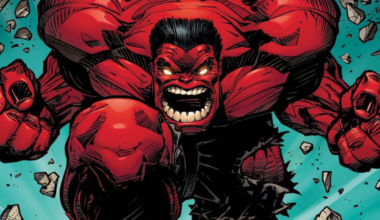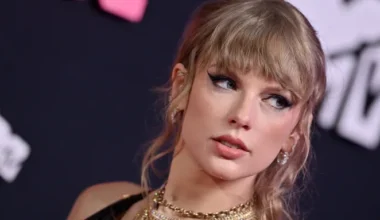Actors with decades of experience and Academy Award wins may assume there aren’t many new tricks left to learn. However, Jamie Foxx found himself picking up tips from someone relatively new to Hollywood but had already won two Oscars.
More than 30 years into a big screen career that started with a small role in Barry Levinson’s cult favourite Robin Williams vehicle Toys, Foxx has seen and done pretty much everything the industry has to offer. Drama, comedy, action, and biopics, the actor has tackled almost every genre without mentioning his success as a stand-up comedian, sketch performer, and musician.
Despite that – and the fact he was playing the title role and main character – collaborating with Christoph Waltz on Quentin Tarantino’s Django Unchained opened the star’s eyes to how the smallest and most inessential details can become a key part of both character-building and performance.
Of course, Waltz had arrived in stateside cinema to great fanfare after playing a character Tarantino dubbed the greatest he’d ever written, with the part of Colonel Hans Landa in Inglourious Basterds proving so difficult to cast that its writer and director was adamant he wouldn’t even make the movie had he not found an actor to do it justice.
He did, naturally, with Waltz winning the Oscar for ‘Best Supporting Actor’ in the process. Reuniting with Tarantino for Django, Foxx’s own extensive acting experience mattered little when he found himself transfixed by the tiniest moments his co-star would interject whenever the cameras were rolling.
In a roundtable interview with The Hollywood Reporter, Foxx regaled Robert De Niro, Tom Hanks, Adam Driver, Shia LaBeouf and Adam Sander with his discoveries. “Christoph Waltz, watching him work, I learned a little more about movies,” he said. “I watched him fold a paper, this motherfucker wrote on the thing and it was supposed to put it in his pocket, seemed like it took him forever to do it”.
Instead of being overly performative or pretentious, though, Foxx realised that in Waltz’s mind, “nothing else existed except that moment”. Elaborating on his findings, he explained how “Christoph Waltz’s process wasn’t that ‘I’m gonna have all of these things memorised and do all of these things at once’”. Instead, each new take would see him try something different until he organically discovered what suited the character, script, and scene best in the moment.
Foxx continued, recalling how “all these little bits of things” made it into Django Unchained, which culminated in Waltz taking to the stage and accepting his second Oscar for ‘Best Supporting Actor’. The former might be the bigger star, but it was the latter who ended up teaching him nuances he hadn’t even considered.






